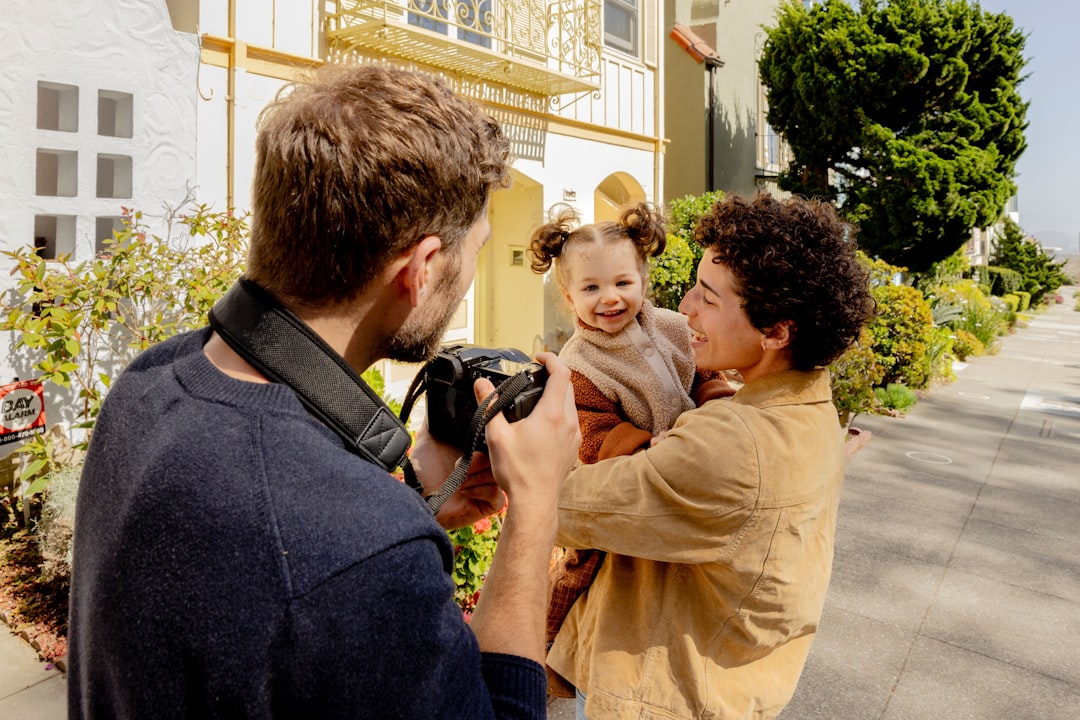
Having an event videography team is a very powerful tool when showcasing. It captures the live essence of your special occasions, corporate gatherings, or personal milestones. For more details on what to expect from event videography, check out this guide.
But what does it entail?
This guide will walk you through the process. From pre-production planning to post-production editing, we'll cover it all.
You'll learn about the role of event videographers and the equipment they use. We'll also discuss the impact of a well-produced event video on your marketing and branding efforts.

Choosing the right event video production company can be daunting. We'll provide tips to help you make an informed decision.
Finally, we'll delve into the cost considerations and legal aspects of event videography.
By the end of this guide, you'll know what to expect from event videography and how to maximize its value.
Understanding Event Videography
Event videography is not just about filming. It's about telling a story. Capturing the moments that matter most requires creativity and skill.
The process encompasses various stages. From initial consultation to final delivery, each step adds value. It's a collaborative effort between the client and the videographer.
A good event video captures the atmosphere and emotions. It reflects the theme and purpose of the event. A skilled event videographer uses techniques to bring the event to life.
Different events demand different approaches. For instance, a wedding may focus on intimacy, while a corporate event might emphasise professionalism. Understanding these nuances is key.
Event videography offers lasting memories. It's a valuable investment in preserving and sharing important life and business experiences. Through expert guidance and cutting-edge technology, an event videographer ensures the final product meets expectations.
The Role of an Event Videographer
An event videographer has a crucial job. They don’t just record what happens; they capture the essence. They are storytellers through the lens.
Their primary task is to ensure high-quality video content. This requires a blend of technical skill and creative vision. Each event offers a unique story to tell.
A videographer must adapt to different environments. They work discreetly, capturing candid moments. Their presence shouldn't disrupt the flow of the event.
Event videographers often collaborate with clients. They discuss goals and expectations to tailor the video perfectly. Clear communication ensures satisfaction.
Additionally, videographers manage technical elements. Lighting, sound, and angles are crucial for quality. These elements distinguish a professional from an amateur.
Types of Events and Their Videography Needs
Different events have distinct videography requirements. Understanding these needs is vital for capturing key moments.
Weddings demand a romantic and narrative style. The focus is on emotions and significant ceremonies. The videographer should immortalise the joy and beauty of the day.
Corporate events need a professional touch. Conference sessions, interviews, and networking moments must be documented. These videos often serve promotional or internal purposes.
Social events like parties and reunions thrive on spontaneity. Capturing lively interactions and candid moments is crucial.
Here are some event types and their specific needs:
Weddings: Emotional storytelling with attention to detail.
Corporate events: Professional and comprehensive coverage.
Parties: Dynamic and candid videography.
Conferences: Focused on speakers and networking.
Each event type presents unique challenges and opportunities. Effective videography highlights each event's distinct vibe.
Pre-Production: Planning Your Event Video
Pre-production is all about preparation. It starts with a consultation to understand your vision and goals. This stage helps set the tone for the entire project.
Next, detailed planning follows. This includes deciding the story arc and key moments to capture. Every successful video project is built on thorough planning.
It's essential to discuss logistics. Venue size and layout can influence equipment choices and camera placements. Make sure your team knows the schedule and expectations.
Finally, create a shot list. This ensures that all important scenes and moments will be filmed. With solid pre-production, your event video production can proceed smoothly.
Capturing the Event: Techniques and Equipment
Capturing an event demands skill and the right tools. Event videographers use various techniques to ensure high-quality footage. These methods keep viewers engaged and relive the event long after it ends.
Technology plays a pivotal role in event video production. Videographers employ state-of-the-art cameras to achieve stunning visuals. High-definition and 4K cameras can capture incredible detail.
Sound quality is crucial. Professional microphones ensure that audio is crisp and clear. This enhances the viewer's experience, making the video more engaging.
Lighting impacts video quality dramatically. Proper lighting setups create mood and highlight essential moments. Event videographers often utilise both natural and artificial lighting.
Different events may call for distinct techniques:
Multi-camera setups for comprehensive coverage.
Drone shots for dynamic aerial views.
Slow-motion captures for dramatic effect.
If you're just starting out with event videography, check out Understanding the Filmmaking Essentials for Beginners for a deeper dive into the basics of filmmaking.
For more insights on event videography, see Videography Tips for Beginners to refine your approach and improve your skills.

Ultimately, the choice of equipment depends on the event's specific needs. We ensure expert capture of the event's essence by combining innovative techniques and advanced gear.
Post-Production: Crafting the Final Product
The magic of event videography unfolds in post-production. This phase involves transforming raw footage into a cohesive narrative. Skilled editing is essential to create an engaging story.
Editing software is a crucial tool in this process. It allows for precise cuts and seamless transitions, and professional editors use it to enhance the video’s flow and coherence.
Colour grading adds visual appeal. It adjusts and enhances the colour of the footage. This process ensures consistency in tone, adding to the overall mood of the video.
Soundtrack selection is another vital element. Music can dramatically influence the video’s emotional impact. Choosing the right track enhances key moments and complements the visual content.
Finally, the result must align with the client's vision. Feedback loops and revisions ensure satisfaction. A well-crafted video provides lasting memories and fulfils the event’s goals.
Choosing the Right Event Video Production Company
Selecting the perfect event video production company is crucial. It ensures that your vision is realized with precision. Start by reviewing potential companies' portfolios.
A portfolio provides insight into a company's style and quality. It shows the versatility and creativity of their work. Ensure their previous projects align with your expectations.
Customer testimonials offer valuable perspectives. They reveal the company's reliability and professionalism, and positive reviews indicate a history of satisfied clients.
Communication is key throughout the process. A good company will encourage collaboration and feedback. Open dialogue helps tailor the production to your needs.
Finally, consider their technical expertise and equipment. Companies with cutting-edge technology can deliver stunning visuals. They stay updated with trends, ensuring your video is contemporary and engaging.
Cost Considerations in Event Videography
Understanding the costs of event videography can help you plan your budget effectively. Prices vary based on factors such as event size and duration.
The complexity of your event influences pricing. Longer events or those with many activities may cost more. Each added detail requires more time and resources.
Here's a simple breakdown of cost factors:
Event duration
Number of cameras needed
Special equipment (drones, etc.)
Post-production requirements
Discussing your needs with the videographer is essential. It ensures transparency and avoids unexpected expenses. Knowing what affects cost can help in making informed decisions.
The Impact of Event Videos on Marketing and Branding
Event videos significantly enhance marketing strategies. They offer dynamic content that captures the audience's attention. The importance of video production for Northamptonshire businesses outlines how businesses can use video to their advantage.
Brand presence grows stronger through visual storytelling. A compelling video can communicate a brand’s value and mission effectively.
Sharing event videos online increases engagement. They can drive traffic to social media platforms and websites.
Moreover, a well-produced video boosts credibility. It can leave lasting impressions, aiding brand recall and recognition.
Legal and Logistical Considerations
Legal aspects are crucial in event videography. Copyright is one area to address. Ensure you have permission to film the event.
Music licensing is another key factor. Use licensed music to avoid legal issues. Choose music that aligns with the event's mood.
Contracts are essential for clear terms. They outline expectations and responsibilities. Ensure both parties understand the agreement.
Logistical planning impacts project success. Coordinate timing and location details. Having a backup plan can prevent unexpected delays.
Conclusion: Maximising the Value of Your Event Video
A well-produced event video captures memories and tells a story. It enhances engagement and adds promotional value.
Investing in professional videography ensures a lasting impression. Make thoughtful decisions to maximise your video’s potential.
30 Dec 2024